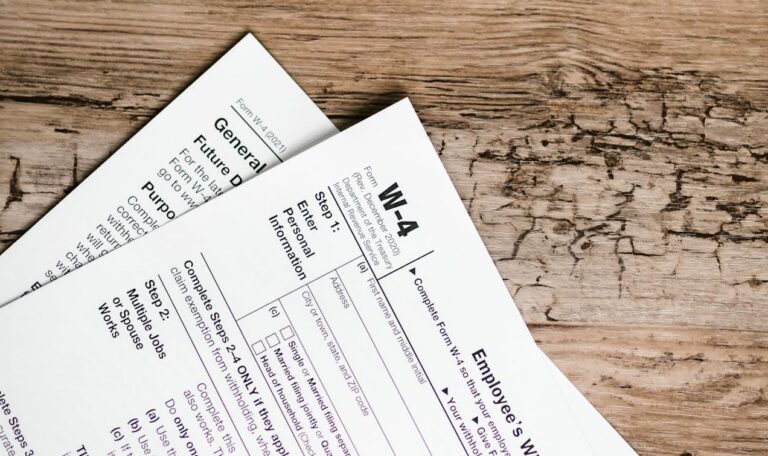IRS Tax Filing Guide for Indians Filing taxes in 2026 is no longer a “one-form” process. With the implementation of the One Big Beautiful Bill (OBBB), several..


IRS Tax Filing Guide for Indians Filing taxes in 2026 is no longer a “one-form” process. With the implementation of the One Big Beautiful Bill (OBBB), several..

Tax Saving Strategies for Indians Filing The 2026 tax season (covering the 2025 tax year) is unique because of the One Big Beautiful Bill (OBBB). This legislation..

Indians Use TurboTax or FreeTaxUSA One of the most dangerous myths among the Indian expat community is that “any tax software will work.” Every year, thousands of..

Tax Implications of Moving from India Moving to the U.S. from India is a monumental life event, but it also creates a complex “Dual-Status” tax year. In..

For the 2026 filing season, “Tax Day” returns to its traditional schedule. However, for Indian expats and immigrants, a single deadline is a myth. Depending on..

Tax Mistakes Indian Expats For Indian expats, the transition to the U.S. tax system is often more complex than expected. While most people focus on their U.S…

Tax Filing Requirements for Indian Immigrants For the thousands of Indian immigrants transitioning from visas to permanent residency in 2026, the tax landscape is shifting. Whether you..

Indian Citizens Need to File Taxes One of the most frequent points of confusion for Indian nationals whether living in the U.S. on an H-1B/L-1 visa, studying..

The 2026 tax season (filing for the 2025 tax year) introduces some of the most significant changes in a decade due to the “One Big Beautiful Bill”..

W2 vs. 1099 For H1B visa holders, the distinction between being a W2 employee and a 1099 independent contractor isn’t just a tax preference, it’s a matter..